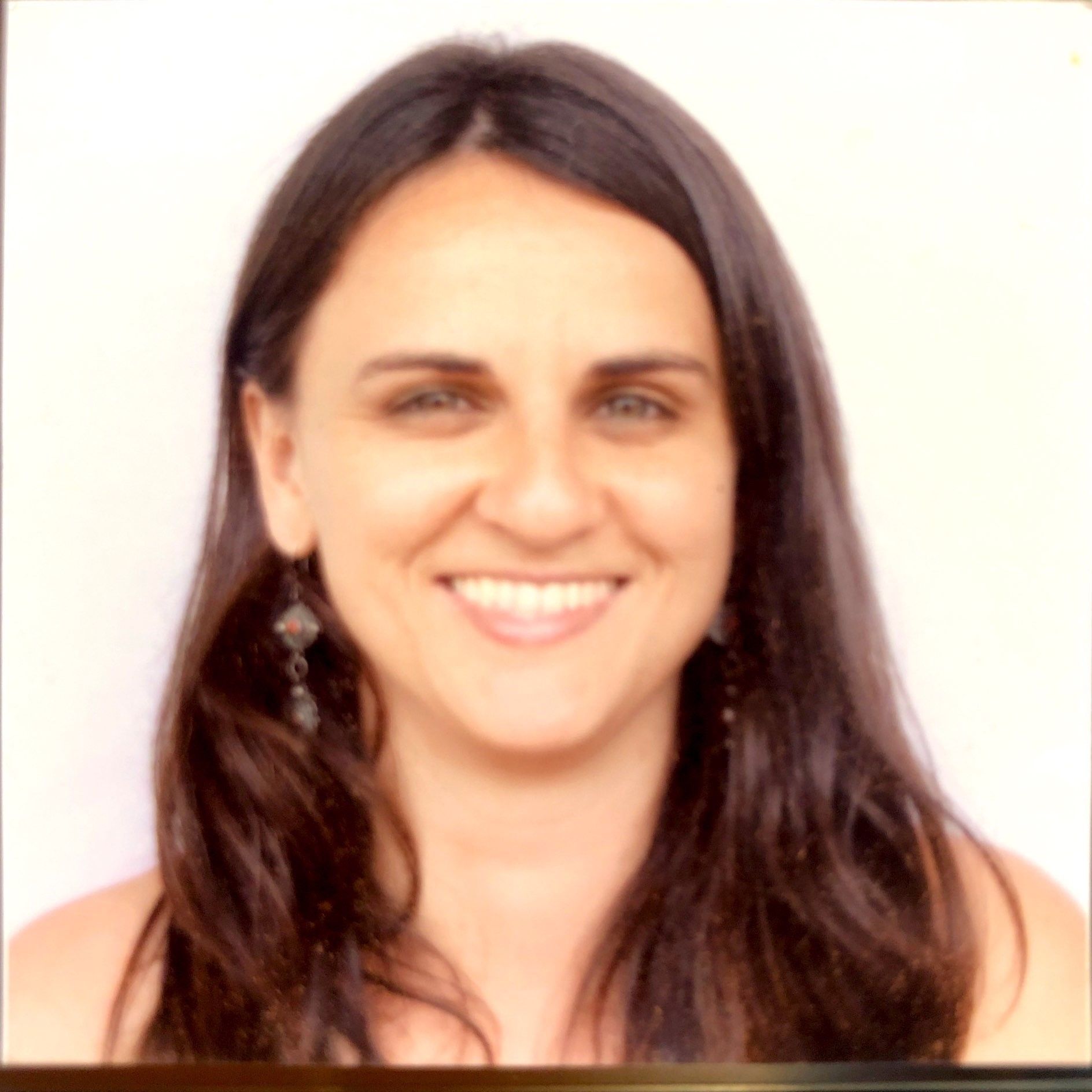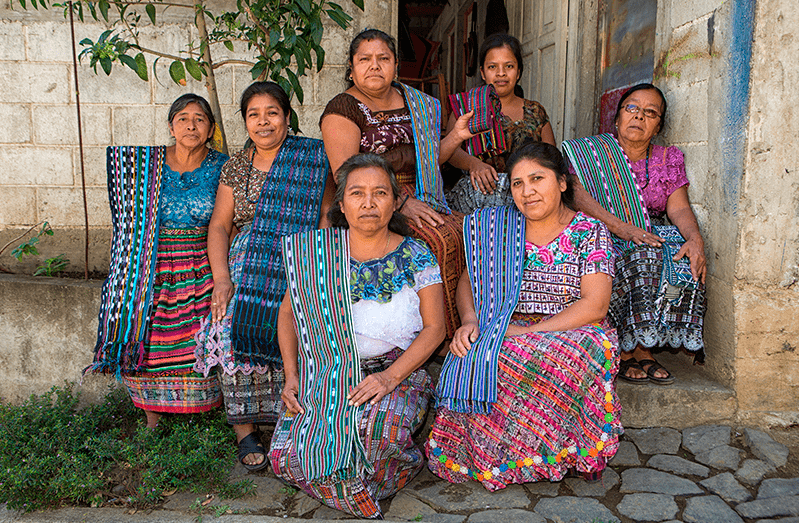The COVID19 pandemic has left us with numerous lessons to reflect on. One of them has been the negative impact that the pandemic has had on women, especially the most vulnerable,
such as indigenous women, rural women, women of African descent, migrant women, and women of other minority cultural identities. At Euroclima+ (EC+), we work for gender equality without stigma or cultural stereotypes. To this end, EC+ has an exclusive Line of Action Line to promote gender equality in mitigation and adaptation measures to Climate Change in the Nationally Determined Contributions (are expected reductions of greenhouse gas emissiones under the United Nations Framework Convention on Climate Change (UNFCCC). The objective of EC+ is to strengthen policies, action plans and measures that contribute to the gender mainstreaming approach. We are currently accompanying the Government of Peru through the Ministry of Women and Vulnerable Populations (MIMP) and the Ministry of Environment (MINAM) in the development and validation of a methodological proposal to mainstream the gender approach in the mitigation and adaptation measures to climate change prioritised by the State, within the framework of the NDCs. In addition, a pilot course on gender and climate change will be held to train officials from these institutions.
The world's women, adolescents and girls deserve an egalitarian future, free of violence and with equal rights and opportunities for all. To achieve this goal, the world needs, among other measures, that women participate equally in all levels of government decision-making and that no law leaves them out.
This year, in the aftermath of the pandemic, two facts have become clear: 1) climate change affects us all; 2) the consequences of climate impacts affect the most vulnerable people, including women,, in an unequal way, with greater intensity and impact.
Women make an enormous effort in caring for their families, homes, and communities in general, managing the natural resources on which they depend for food, shelter, heat, light, hydration, health, and overall survival. Can you imagine, walking up to 2 hours (or more) a day to collect non-potable water, collecting firewood that in a few hours will be consumed and will have to be collected again and again, collecting glass and plastic bottles to use as containers for carrying water, washing with water collected from the river, not having a water tap at home, nor sanitation, and all of this, in the middle of the COVID19 pandemic? This is the reality for millions of rural women and girls in the world’s rural areas.
This year, we must highlight the collective work and effort made by women and girls around the world in recovering from the COVID19 pandemic, and point out the differences that persist between women and men, so that the gap can finally be closed. The world will not achieve sustainable development without full and effective gender equality in the 21st century, which will undoubtedly be the century of women.

Teresa Aguilar Serrano
Technical Specialist Euroclima+ Programme
International and para Ibero-America Foundation for
Administration and Public Policies · FIIAPP

